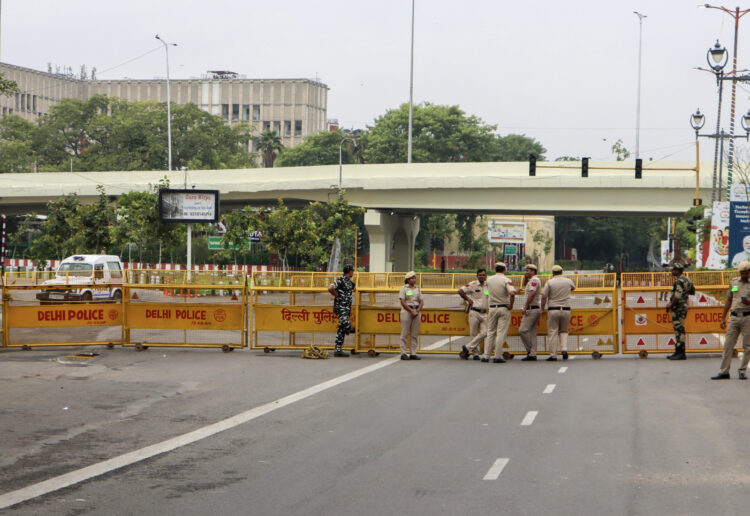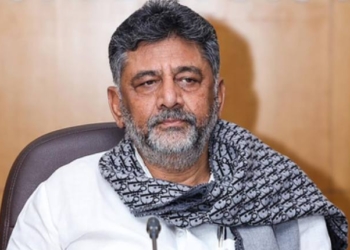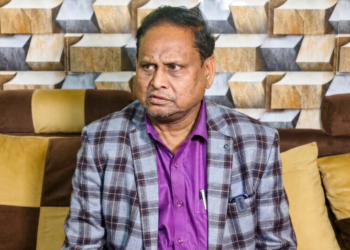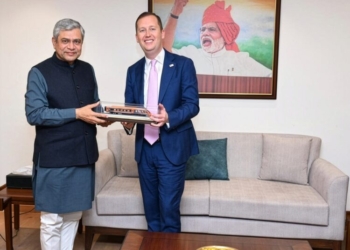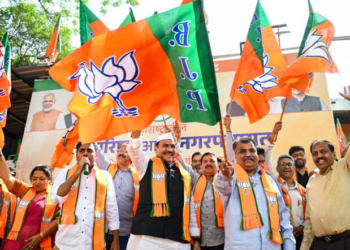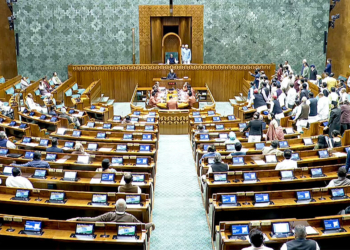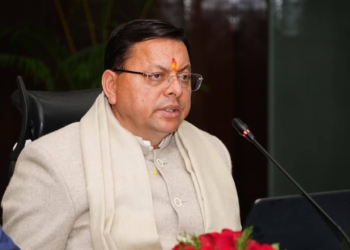New Delhi: The highly anticipated G20 summit concluded smoothly, devoid of any significant disruptions.
However, behind the scenes, there were various challenges, including security breaches and the management of unforeseen requests from international dignitaries.
In preparation for any conceivable scenario, law enforcement authorities engaged in extensive month-long training and meticulous planning to ensure the seamless execution of this major event.
To safeguard the proceedings, the police maintained a strict veil of secrecy, employing code names for the hotels accommodating foreign heads of state.
Code naming, a long-standing practice employed by senior officials, played a crucial role in safeguarding the locations of individuals requiring the highest level of security during the recent G20 summit.
In a joint meeting of senior officials from the Delhi Police and the Special Protection Group (SPG), the elite commando force responsible for the Indian Prime Minister’s security, secret code names were assigned to the hotels hosting foreign dignitaries.
The security teams accompanying the foreign delegates were also briefed during this meeting.
For instance, the hotel that housed US President Joe Biden, ITC Maurya, was covertly referred to as ‘Pandora’.
British Prime Minister Rishi Sunak’s lodging was code-named ‘Samara’, while the Taj Mahal Hotel on Mansingh Road in Lutyens’ Delhi where the UAE Crown Prince Mohamed bin Zayed Al Nahyan stayed was designated as “Paramount”.
Following a similar pattern, other hotels, like Le Meridien were code-named ‘Mahabodhi’, and secret names ‘Rudrapur’ and ‘Niketan’ were assigned to Rajghat and Pragati Maidan, respectively.
Despite the stringent secrecy measures and security protocols enforced by senior Delhi Police officials, there were a few security breaches during the G20 Summit.
On one occasion, a security breach occurred at the Taj Palace Hotel when a vehicle from the US President’s convoy unexpectedly arrived at the hotel.
The driver, upon questioning, revealed that he had been tasked with transporting a businessman from the Lodhi Estate area to the Taj Hotel, a deviation from the original plan. While the driver was ultimately released, he was removed from the US President’s convoy.
Another incident raised concerns when a Saudi Arabian national approached the UAE Crown Prince at the Taj Mahal Palace in Delhi. The individual, a police officer from Saudi Arabia, sought assistance for his ailing brother and was initially questioned by the UAE President’s security team.
Subsequently, Delhi Police detained and extensively questioned him, during which he expressed unfamiliarity with security protocols. The individual was ultimately released with a warning.
Sources within the Delhi Police disclosed that several “unscheduled requests” were made by foreign dignitaries during the summit, including visits to iconic sites such as the Taj Mahal and Jama Masjid in north Delhi.
(IANS)




